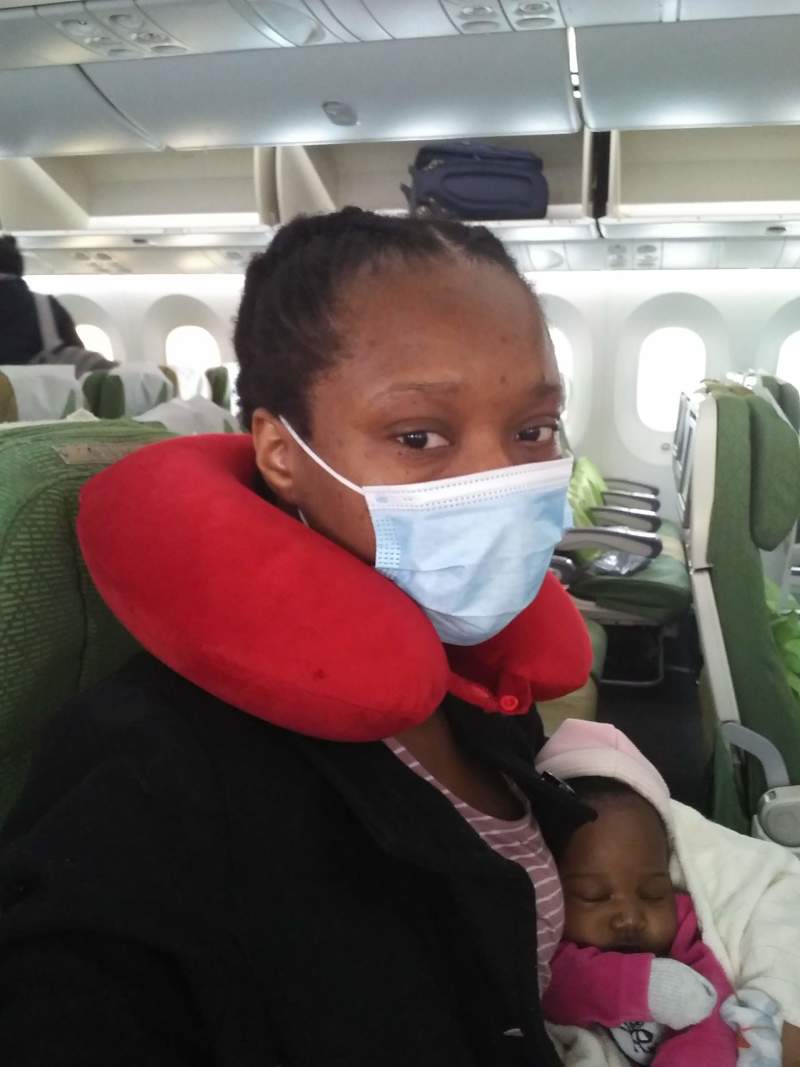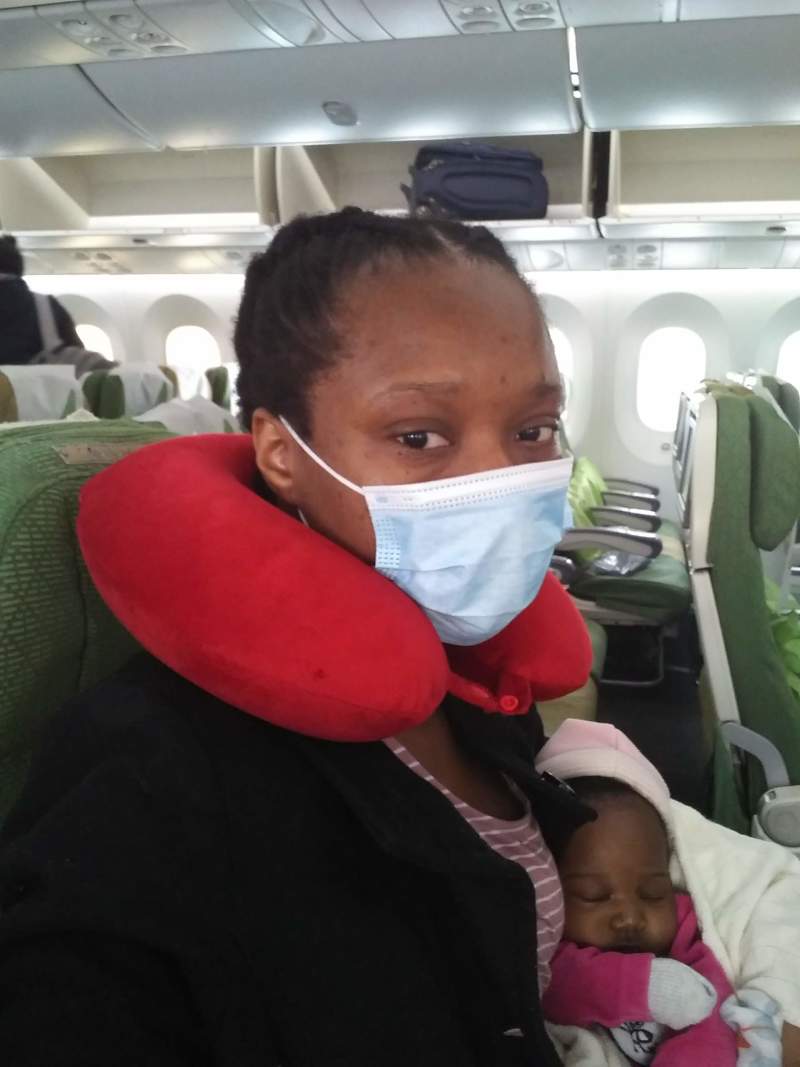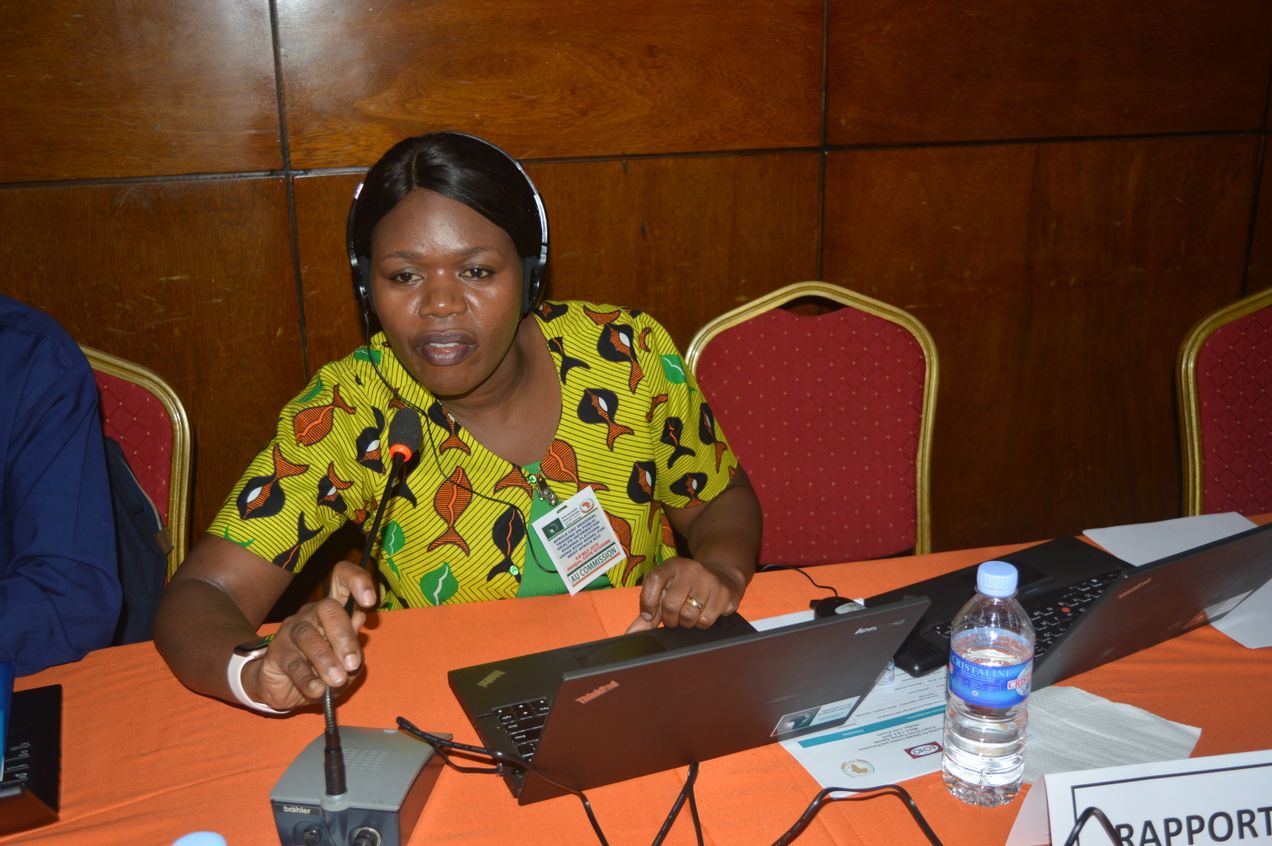
My Evacuation OrdeaI
Most bothersome was the cash I brought was likely to run out. It also didn't help that the Naira had, once again, depreciated against the dollar, meaning I had to be frugal with expenses.

When I travelled to the United States from Nigeria to have my baby in February of 2020, covid-19 wasn’t big news. But weeks later, I knew it was serious when schools in the US began shutting down as Covid cases rose by the hundreds. I panicked, especially as Nigeria had also recorded its first case, and never ventured outside my host’s house for fear of infecting myself and my baby.
Then in March, Nigeria shut its air borders, throwing my scheduled return home into disarray. I cried and cried, livid with my husband for not being in Texas with me, for not having enough money to put me up in a hotel. I wanted to sleep in my own bed in Nigeria, wanted to play with my children back home. I was especially angry with myself. Why did I come to the US? I thought. I had no one here.
Most bothersome was the cash I brought was likely to run out. It also didn't help that the Naira had, once again, depreciated against the dollar, meaning I had to be frugal with expenses. I worried constantly about not making rent or being unable to buy food if the airport remained closed indefinitely.
In the first 2 weeks following airport closures, I wouldn’t communicate with my children in Nigeria because I couldn’t bear to hear them asking when mommy was coming back. Desperate, I tweeted daily at members of the Nigerian presidential task force to help evacuate Nigerians stuck in the US.
Before long, I received a Whatsapp message from the Nigerian embassy. A flight had been arranged and passengers had to pay nearly $1700. That night, I obsessively refreshed the airline's website but there were no details about the evacuation flight. Also, customer service seemingly knew nothing about this flight.
Man, I was beyond frustrated.
Eventually, I received the correct link to book the flight but couldn’t pay with my card because the bank in Nigeria had imposed an international spending limit of $500 per month.
Nothing seemed to be going right. Eventually, my brother-in-law in Canada paid for the ticket with plans to pay him back in installments. I was relieved, overjoyed that I was finally going home.
Save for the health protocols we passengers had to observe during the flight, the pandemic was a distant event in the back of my mind. Like most on board the flight, I was preoccupied with getting home with my almost three month old baby and reuniting with my family.
When we finally landed in Abuja, officials from the Nigeria Centre for Disease Control informed us passengers before we deplaned that we were going to be transported to designated hotels, where we would isolate for two weeks. We were each given a bag that included a thermometer, a self-regulation book, a hand sanitiser and two face masks. Normal had, indeed, changed. But I was infinitely happy to be back in Nigeria with my baby.

